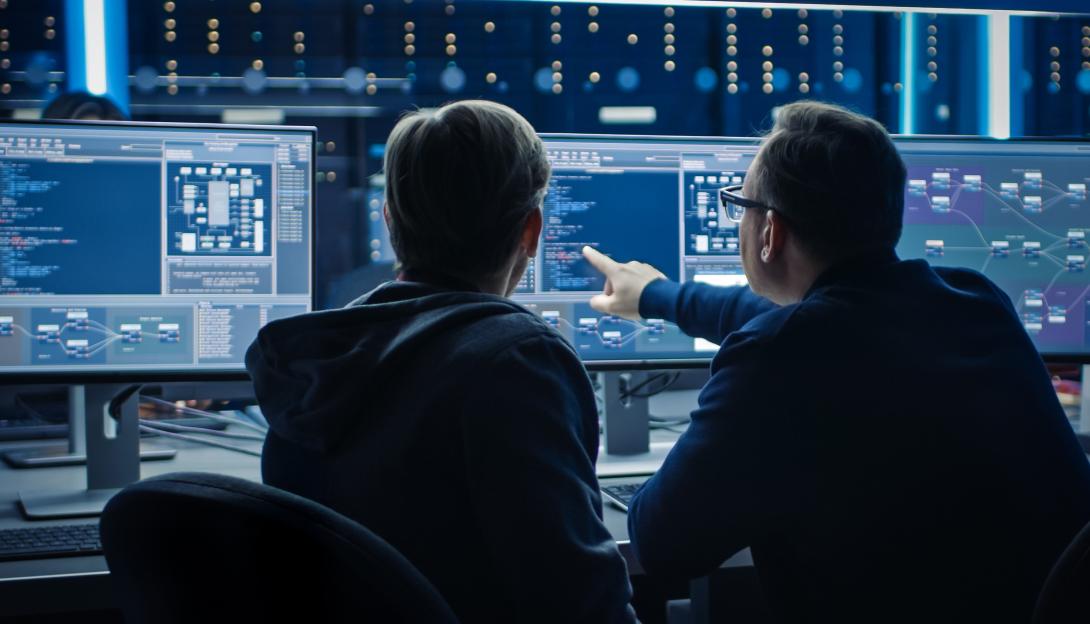Lawmakers Seek To Strengthen U.S. Cyber Workforce
On February 5, the U.S. House Committee on Homeland Security held a hearing titled “Preparing the Pipeline: Examining the State of America’s Cyber Workforce.” Lawmakers were joined by experts to discuss strategies to hire and retain more cyber professionals. According to Chairman Mark Green (R-TN), the United States “lacks about 500,000 cyber workforce workers.”
The hearing featured testimonies from David Russomanno, executive vice president of Academic Affairs and Provost at the University of Memphis; Robert Rashotte, vice president of the Training Institute and Global Engagement at Fortinet; Chris Jones, president and CEO of Middle Tennessee Electric Membership Corp.; and Max Stier, president and CEO of the Partnership for Public Service.
The session was marked by various moments of tension between Democratic and Republican lawmakers, with debates about President Donald Trump’s recent executive orders affecting federal hiring practices and concerns over Elon Musk’s access to American citizens’ personal information.
Steir noted that recent federal hiring freezes drive talent toward the private sector, which often offers much higher salaries. “Workforces do not improve if they are in crises, and we have a workforce that is in crisis right now,” he said.
Chairman Green reintroduced the Cyber PIVOTT Act, which would establish a full-scholarship program for two-year degrees at community colleges and technical schools in exchange for government service.
Jones said electric cooperatives are taking action to hire cyber experts in their communities. However, in rural areas, “we face workforce shortage and appropriate salary.”
Russomanno said the challenge is having young Americans “see themselves” in cyber-related careers. “They may think of the barrier in terms of the mathematical preparation, the science preparation," he said, but the focus should be on experience and applied practice before graduating, “which I think the PIVOTT bill is addressing.”
Rashotte agreed that “partnerships between industry and academia are critical.”
The witnesses also spoke about the importance of exposing younger students to cyber education and recruiting Gen Z to the workforce. Russomanno said Gen Z students are looking for meaningful work, but as the threat is increasing, the workforce remains flat. “We need to articulate the urgency and opportunity,” he said.
Stier called for the modernization of the current federal pay system, which is based on a 1949 law. “In a world with cyber, that’s foolishness,” he said. “Modernize the pay system, treat it as a unified workforce across the entire government so you don’t have agencies competing against each other, and you will create better return for the American taxpayer and a safer country.”






Comments